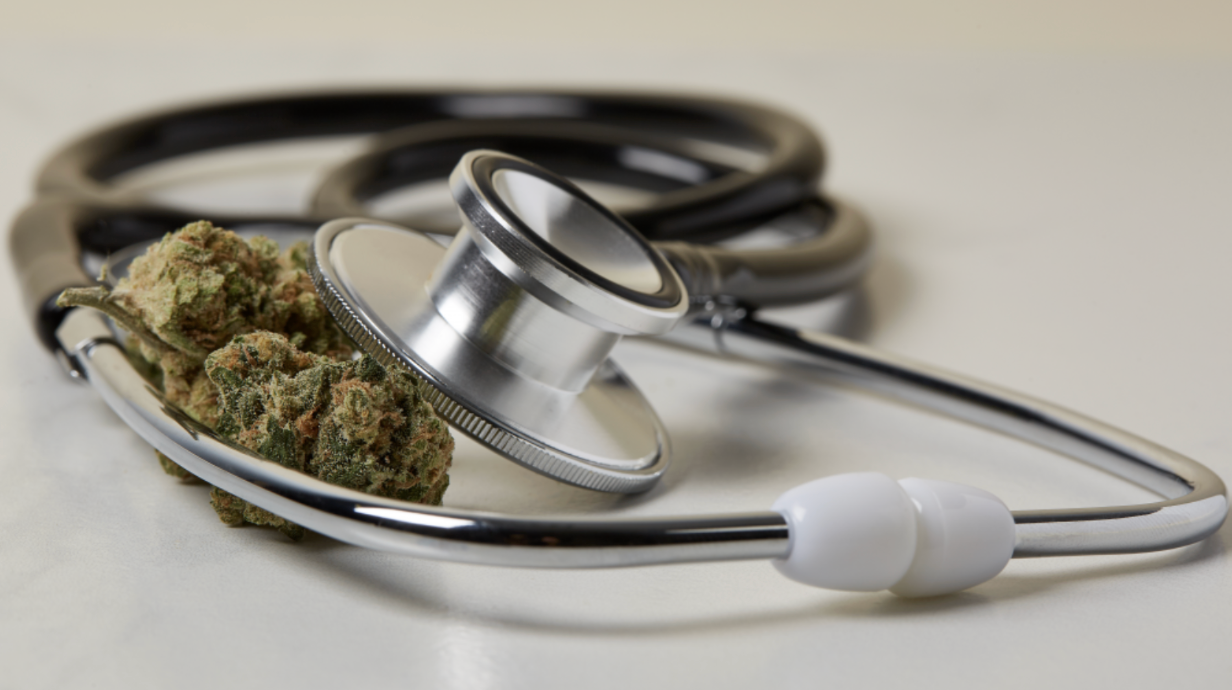
Exploring the Potential Health Benefits of CBG: A Promising Avenue for Anxiety and Memory Enhancement
The Florida Healthy Alternatives Association (FHAA) is excited to spotlight the revolutionary findings of a recent study on cannabigerol (CBG), an emerging cannabinoid that has shown significant promise in improving memory and reducing anxiety and stress.
This groundbreaking research, conducted by Washington State University (WSU) and the University of California at Los Angeles (UCLA), represents the first human clinical trial investigating the therapeutic potential of CBG.
Although CBG is not as widely known as THC or CBD, it is gaining attention for its potential health benefits. Published in the journal Scientific Reports, the study found that CBG caused "significant overall reductions in anxiety as well as reductions in stress" among participants compared to a placebo. Additionally, the research revealed that "CBG also enhanced verbal memory relative to placebo," with "no evidence of subjective drug effects or impairment." The enhancement of memory was an unexpected and exciting outcome for the scientific community.
To assess CBG's effectiveness, researchers conducted a double-blind, placebo-controlled field trial with 34 healthy adults. Participants received 20mg of hemp-derived CBG or a placebo tincture over two sessions, and completed assessments rating their anxiety, stress, and mood both before and after taking the cannabinoid. The results showed that CBG led to an average 26.5 percent reduction in anxiety and had a significant impact on subjective stress ratings.
Lead author and WSU associate professor of psychology Carrie Cuttler expressed astonishment at the findings, stating that the team "triple-checked to ensure accuracy, and the enhancement was statistically significant."
Despite these promising results, Cuttler advised against viewing CBG as a "miracle drug." She emphasized the need for replication and further research to fully understand CBG's benefits and safety.
"It's new and exciting, but replication and further research are crucial," Cuttler noted.
Ongoing and future studies will explore CBG’s effects on physiological factors such as blood pressure, heart rate, cortisol levels, and body temperature. Additionally, Cuttler is in preliminary discussions about a separate study on how CBG might affect menopause symptoms.
The FHAA is optimistic about the potential of CBG to offer new solutions for reducing anxiety and stress without the intoxicating effects of THC. However, the association stresses the importance of further research to substantiate these findings and ensure the safety and efficacy of CBG as a therapeutic option.
The FHAA remains committed to promoting policies that prioritize public health and safety while recognizing the benefits and potential of cannabinoids like CBG in the evolving landscape of hemp and cannabis research.




